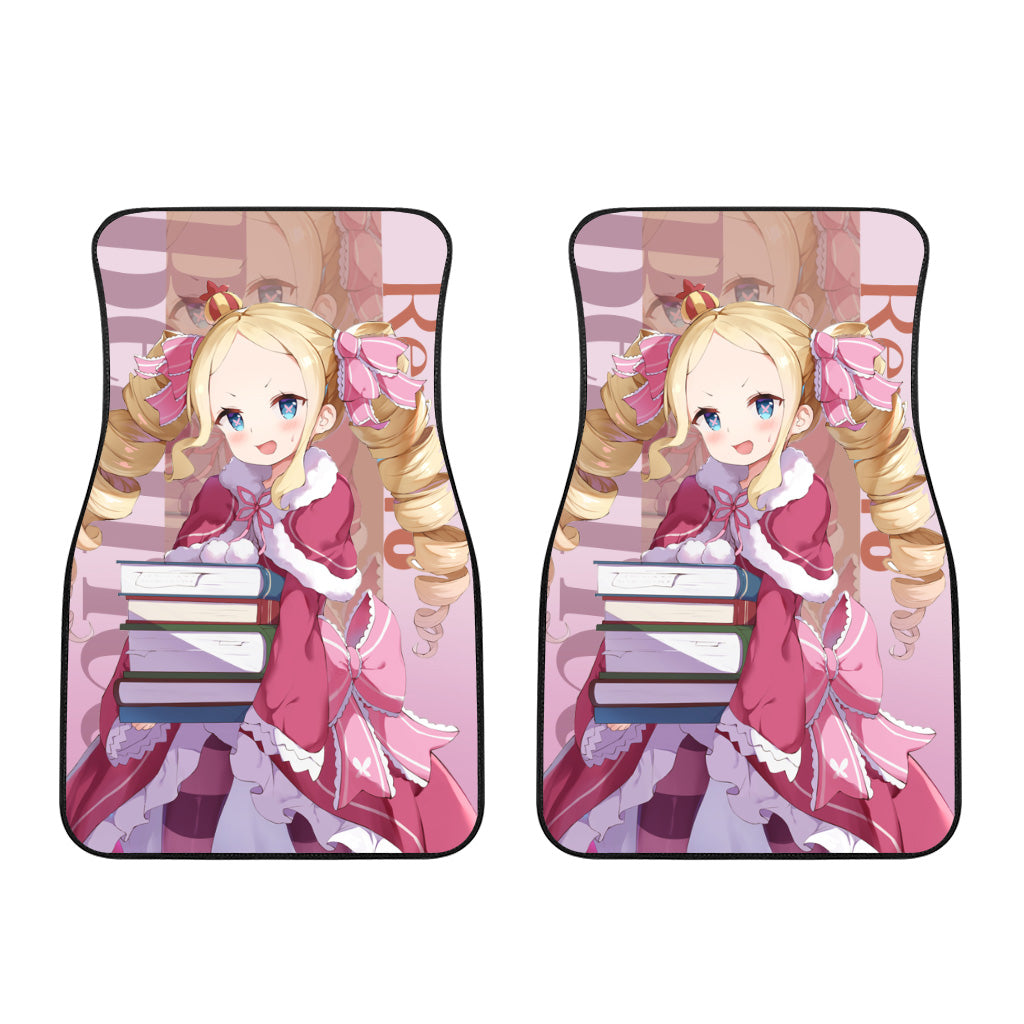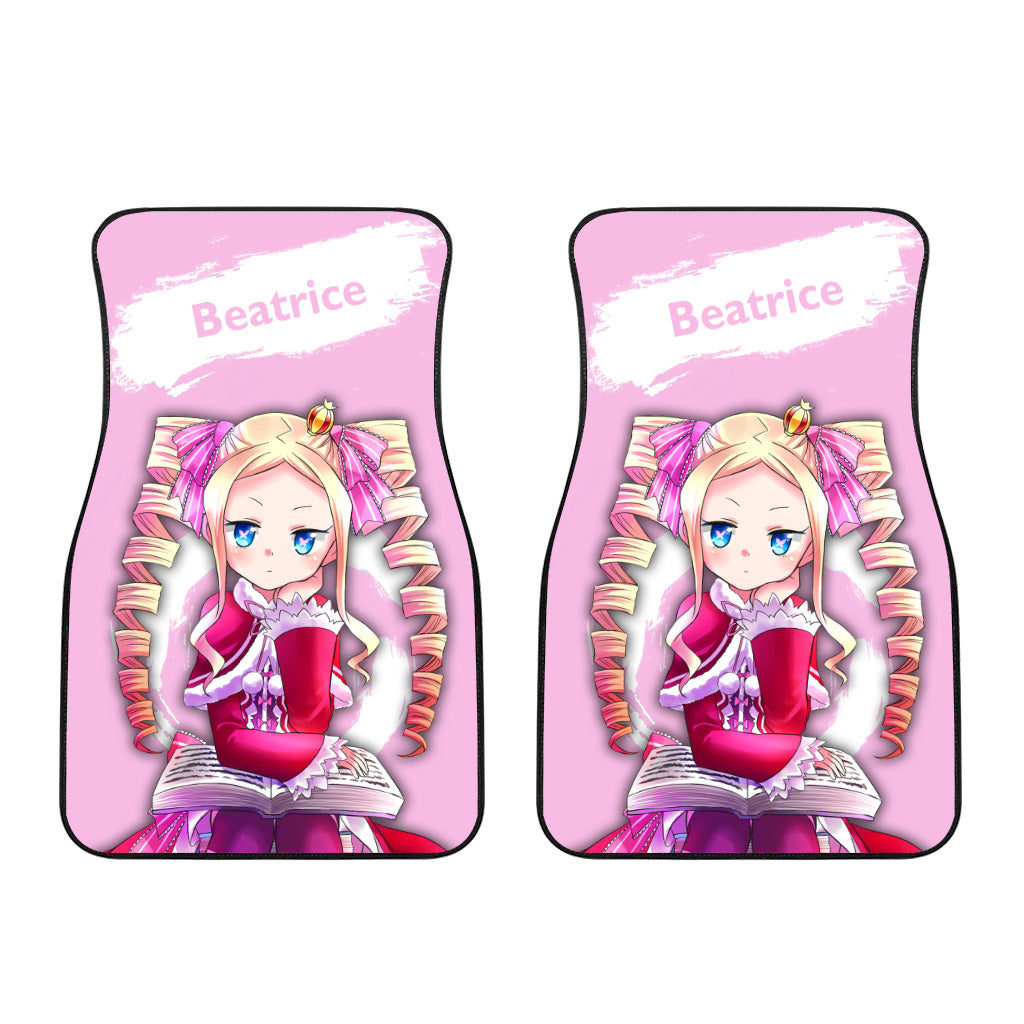
Decoding the Wordplay in the Title “Re:Zero”
The anime series “Re:Zero” has gained immense popularity in the world of isekai anime. However, have you ever wondered about the meaning behind its title, “Re:Zero”?
In the realm of anime, names hold great significance, and this holds true not only for “Re:Zero” but also for Japanese media in general. The title of an anime series often provides clues about what to expect from the story. But is “Re:Zero – Starting Life in Another World From Zero” as straightforward as it seems? Let’s delve into the intricacies hidden within the title “Re:Zero.”
The Plot: For those unfamiliar with the series, “Re:Zero” follows the story of Subaru Natsuki, a 17-year-old shut-in NEET who is unexpectedly transported to an alternate world after a routine trip to a convenience store. Subaru soon discovers that he possesses the ability to return to a specific point in time after dying, retaining his memories from previous cycles. This power leads him into a dark and treacherous journey.

The Expectation: Considering the themes of revival, rebirth, and reincarnation present in the series, the use of the prefix “re-” in the title becomes evident. It signifies Subaru’s ability to “Return By Death,” as he calls it. This utilization of the prefix is not unique to “Re:Zero” and can be found in various other titles, be it isekai or otherwise. Examples include “Re:Creators,” “Tokyo Ghoul:re,” and “ReLIFE.” The purpose is to evoke the concept of “again” inherent in the prefix “re-.”
The Quiet Subversion: The wordplay in the title “Re:Zero” may not be immediately apparent to English-speaking audiences. In Japanese, the title is “Re:Zero kara Hajimeru Isekai Seikatsu,” which translates to “Life in Another World Starting From Zero.” The presence of a colon after “Re” implies that the main part of the title is simply “Re,” while the portion following the colon acts as the predicate, often omitted in abbreviations. This omission might be attributed to the series’ origin as a light novel, where complex titles are not uncommon.

The Three Zeroes: What follows “Re” in the Japanese title is a simple phrase: “zero kara hajimeru isekai seikatsu,” which means “Starting Life in Another World from Zero.” In Japanese, the word “zero” is used to refer to the number, but there are contexts where the expression of numbers differs. In Japanese military time expressions, the word “maru” represents “0” and can also denote a circular shape. When considering the Japanese pronunciation, the understanding of “Re” as a transcription of the pronunciation of the digit “0” gives the title a semblance of “0: Zero kara Hajimeru Isekai Seikatsu.” This clever play on words alludes to Subaru starting his life anew from scratch, represented by “zero,” as well as his repeated returns through death, symbolizing emptiness or nothingness.

In essence, the true essence of the series title “Re:Zero” remains veiled, not only to English-speaking audiences but also to Japanese-speaking ones. The intricate wordplay cleverly disguises the true meaning, leaving viewers to unravel the depths of Subaru’s journey.
So, the next time you encounter a captivating anime title like “Re:Zero,” remember that there might be more to it than meets the eye.

We bring out some of the most well-known Re:Zero collection, all of which are available at reasonable costs. Visit our link now if you are interested in the Re:Zero collection


Emilia,Natsuki,Subaru,Puck,Roswaal L Mathers
